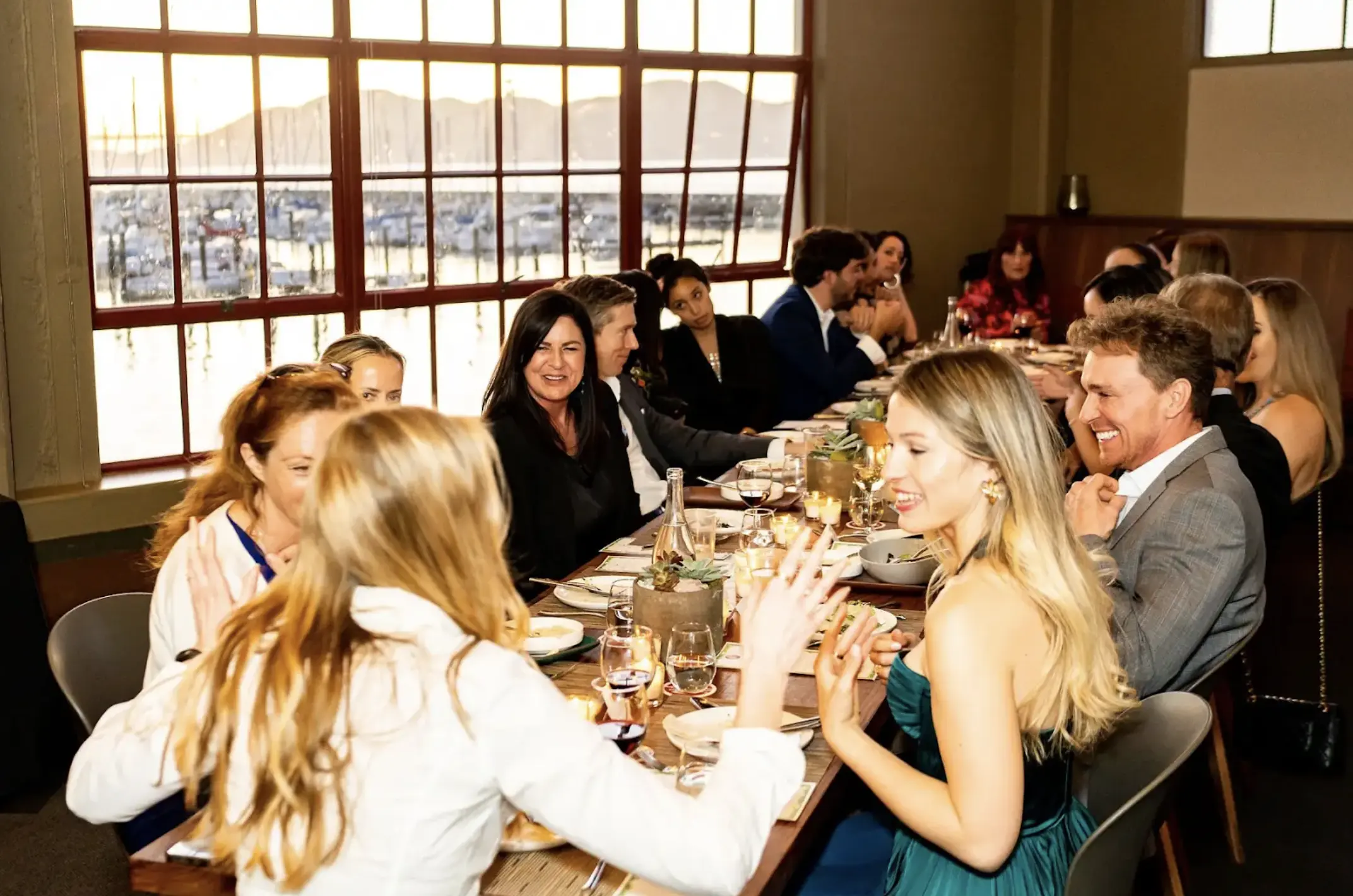“Events don’t exist in a vacuum nor do they spring up fully formed [to] perfection.” It’s the No. 1 thing to keep in mind as an event professional when joining a new company in a leadership role, according to Sam Trieu, who recently started a new gig herself as the senior events program manager at cloud-based legal tech firm Clio.

But let’s start at the beginning: When “winding down a role for a growth opportunity,” Trieu lives by the mantras, “Leave on a high note,” and, “Leave them wanting more,” she told Vendelux. One thing that can accomplish both is “documentation and clear handoffs.”
It’s your final act—and lasting impressions are debatably just as important as the first in the corporate world—so go above and beyond to ensure a smooth transition. But don’t be discouraged that you didn’t do just that if there’s outreach after the fact. “It doesn’t hurt to provide that support as a professional courtesy,” Trieu noted. “You’ll know your own cutoff point!”
Now that you’ve transitioned out of your old role, these should be your first three priorities in your new one, Trieu advised:
- Within the first month, prioritize discovery calls with internal teams that influence or execute on your portfolio of events.
As someone new coming in and trying to get a lay of the land, this is a great opportunity “to hear their [your new team’s] thoughts on what’s working, what areas need work and blue-sky exploratory ideas,” Trieu said. It’s also important to “observe how the portfolio is perceived.”
- Back into any hypothesis or pitch through a data-driven lens.
“Use existing metrics and dashboards, assessment frameworks, team relationships and business values so you can present your ideas in a common language and get buy-in,” Trieu advised. “Where folks may struggle is when they refuse to flex and instead try to transplant their old work into a new role.”
- Trash the imposter syndrome.
Ideally, your new job entails the promise of something bigger and better than your previous role—which is no excuse to start feeling like you are not deserving of your new achievements. “YOU were hired because YOU were the best candidate. Speak up in meetings. Share your observations and suggestions based on what you’ve seen work in-market,” Trieu encouraged.
A bonus priority to keep in mind:
“Make friends with your marketing operations and analytics department so you can scalably track an event program from idea to execution to impact,”
Trieu said. But don’t just introduce yourself and make nice—aim to build trust. How? “Give to get,” Trieu simply said.
Trieu’s already walking the walk. Following Clio’s attendance at the latest iteration of the International Legal Technology Association’s ILTACON conference in August, she championed her new team at Canada-based Clio, writing in a LinkedIn post: “When you work with wickedly smart people who are also that alchemical combination of helpful and good people too, it’s an incredible level up.”
And though “reputation-building takes time,” rather than diving into agendas, consider “dedicated social syncs” that take place “pre- or post-team meetings [as] a chance to shoot the breeze.” And don’t be afraid to lay out transparently “how you deal with decision making,” Trieu added, as building trust becomes “easier when you operate and communicate your core values.”
When it’s time to get down to business, Trieu recommended
“a 70%-30% split on what you build and what you fix.” She explained: “Leave what’s working and optimize it for efficiency and impact. Fix what’s wholly broken in the business-priority sequence. You can tweak that ratio as you get more time in the seat and sync up with the organization’s rhythms and flows and relationships.”
Hopefully, you’re at a company where there’s already executive buy-in for events. “Candidly, if you are trying to prove the ROI worth of your role, you’re in the wrong company,” Trieu said, noting that event professionals will ultimately enjoy their work life more when in a role that requires pitching new programs, series and budgets rather than convincing non-events executives that events are important.
So, when pitching new programs, speak in “business metrics,” Trieu advised, and think about “conversion rates, pipeline influence [and] leads generated.”
When it comes to specific scenarios, Trieu welcomed that fellow event professionals reach out to her one-on-one via her LinkedIn profile




